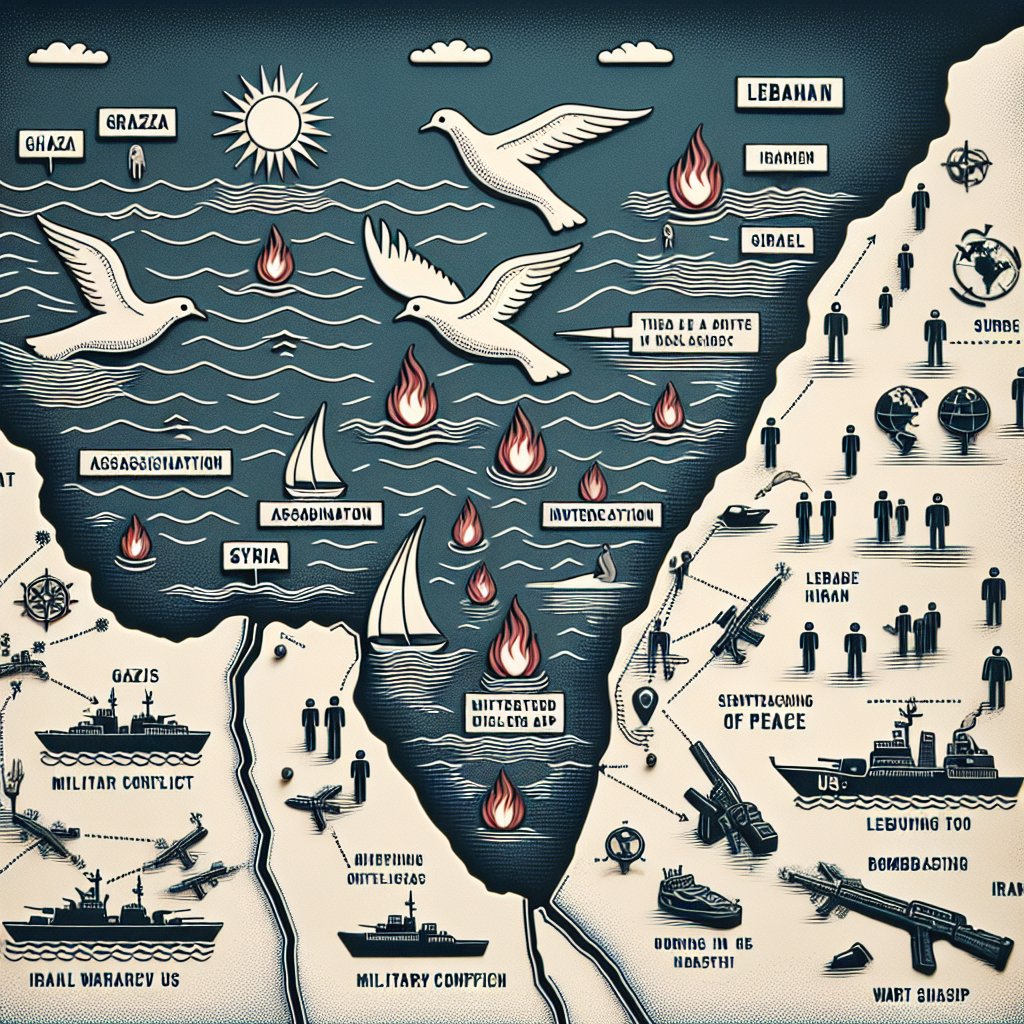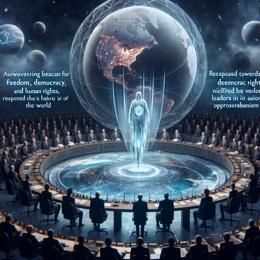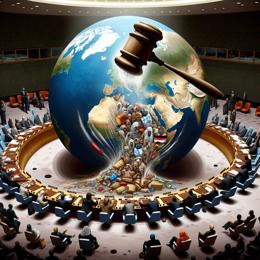Content created by AI
US Diplomatic Effort Intensifies Amidst Escalating Middle East Tensions
The United States is poised to make a significant diplomatic intervention aimed at de-escalating the rapidly mounting tensions in the Middle East. US Secretary of State Antony Blinken is scheduled to undertake a critical visit to Israel next week as the conflict that has taken root in Gaza since October 7, 2021, shows ominous signs of regional contagion, with violence spreading to Lebanon and beyond.
Blinken's impending trip, marking his fourth to the region since hostilities erupted, is part of a broader US strategy to calm the situation as interconnected conflicts simmer to a crisis point. His visit follows a suspected Israeli assassination of a prominent Hamas leader in Lebanon, aggressive Israeli military actions in Gaza, Syria, and Lebanon, as well as twin bombings in Iran that have claimed over 80 lives.
In an intricate web of military action and geopolitical maneuvering, Israel has stepped up its offensive on multiple fronts. Their operations, targeting Hamas and Hezbollah operatives, have resulted in the death of Hamas official Saleh al-Arouri in Beirut, escalating hostilities with Lebanon’s Hezbollah. Concurrently, Iran has seen increased activity from Yemen’s Houthi rebels that are aligned with Tehran, disrupting global commerce and engaging in maritime conflict.
The US response has been multifaceted. A potent maritime coalition led by the US has taken decisive action against Houthi operations, resulting in the sinking of three rebel ships. In a move that has heightened regional military tensions, Iran has dispatched a warship in a retaliatory gesture.
Adding complexity to the chaotic geopolitical landscape, Iran suffered twin explosions that Iranian officials have suggested were backed by the US and Israel, a claim emphatically refuted by US State Department spokesperson Matthew Miller. Amidst the spate of violence, a high-stakes legal battle looms at the UN’s International Court of Justice with South Africa accusing Israel of genocide, a position that has the potential to put the US in an uncomfortable position considering its staunch support and recent substantial aid package to Israel.
Anticipating Blinken's visit, special envoy Amos Hochstein, who has a history of mediating discussions between Israel and Lebanon, is on the ground laying the diplomatic foundation to address the northern Israel-Lebanon border dispute inflamed by the killing of al-Arouri. This diplomatic groundwork is crucial as Blinken will be thrust into a landscape fraught with contention on numerous fronts.
Meanwhile, the US has taken a step back from certain Israeli hardline positions. The State Department has publicly distanced itself from Israeli ministers' calls for Palestinian displacement, reaffirming Gaza's status as Palestinian territory and asserting the need for Hamas to relinquish control without posing a threat to Israel.
US national security spokesperson John Kirby defended US actions in the region against suggestions that they are exacerbating tensions, maintaining that support for Israel’s activities did not contribute to the current escalation. Hezbollah's leader, in response to the Israeli strike, has denounced the killing of al-Arouri as a significant crime but cautiously refrained from declaring an all-out escalation against Israel, indicating the precarious balance of power and the high stakes of this diplomatic endeavor.
As Blinken prepares to enter the diplomatic fray, the stakes couldn't be higher, and the world will be watching to see if the US can leverage its influence to roll back the tide of conflict threatening to engulf the Middle East.
#GOOGLE_AD










